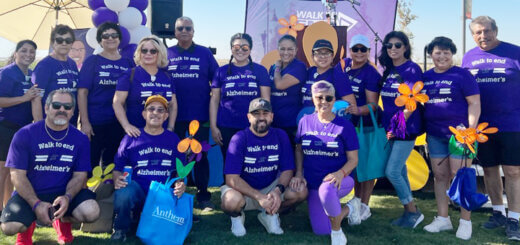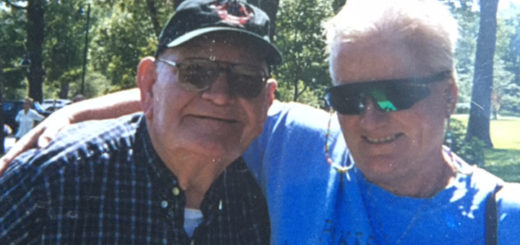Taking Care of You – Part 1: The Mental You
As a caregiver of someone with Alzheimer’s disease you will likely hear many words of advice that start or end with, “don’t forget to take care of yourself.” Hmmmm.. .supportive advice, but sometimes easier said than done. To be candid, depending on your situation, taking care of yourself may in fact be an ongoing challenge. But you can do some small things along the way to help yourself and your overall family. In the next few blog posts we will talk about ways to take care of the “Mental You”, the “Physical You” and even the “Guilty You”.
The Mental You
As a caregiver, one of the best things you can do for your mental health is to be as proactive as possible. Hearing the diagnosis of Alzheimer’s can be overwhelming in itself, but having to react to ongoing unknowns and constant surprises are much worse. Educate yourself on everything possible, starting with the disease and its progression. Research care options, find and join a local Alzheimer’s support group, and check out the Alzheimer’s online support forums. Knowing what to expect will enable you to ask the right questions, whether you’re talking to doctors, financial/legal professionals, in-home care providers or extended family members. Caregiver training is even available.
Next, develop a plan of attack to get through an average week. Create a schedule. The schedule should include some “you time” and family time, and be specific about what that “you time” is going to be. Don’t just say you need to have some free time, put down walking for an hour, every Mon, Wed and Friday at 9:00. Once you’ve identified some respite time for yourself, make sure you have a plan to cover that. Develop a Care Team Calendar. Create a list of ways other family members, friends and neighbors can help (grocery shop, pharmacy, sit with Mom for a few hours). See if your church or other local community group might help. Ask people to help in an area of their ability and comfort. If you know someone who likes to cook, ask them to prepare a weekly meal. Post a list of things you need help with for people to peruse. Use “I” statements when asking family to help, and be specific about what you need, and when you need it. Instead of asking, “Would you be willing to stay with Mom sometime?” say, “I need a break. Will you sit with Mom from 3-6 on Saturday?” Each week, evaluate what worked, what didn’t work, what gaps must be filled, and ensure you took your “you” time. Then evaluate how you’re feeling. Many caregivers feel they have to do everything themselves and that isn’t true. While it’s true you can’t change the disease’s progression, you can change what you decide to do on a daily basis.
Spending a bit of time on you on an ongoing basis can help with the longer haul. Monitor your stress level (10 Symptoms of Stress) and watch for signs of depression. Journaling can be a productive way to capture your thoughts and help you sort through your stressors. Identify stress reducers that work for you, such as gardening, walking, aroma therapy, music or meditation. And stay connected, and not just with your Alzheimer’s community. Caregiver is only one of your many roles. Your other roles have connections that you should attempt to maintain and nourish”¦and they will nourish you as you step through this difficult process.
Blog written by Alzheimer’s Association Volunteer Diane Blum



















Just as it is hard for a caregiver to take care of herself physically, it is hard for her to take care of herself mentally. I know that I get tied into so many little knots that I get grumpy and snarly because of the physical pain caused by my mental knots. Good blog.
Ann, I have discovered meditation, and it is saving my sanity. Give it a try…you won’t be sorry.